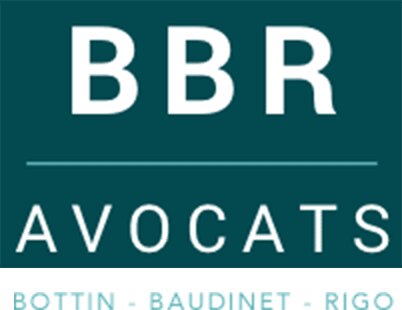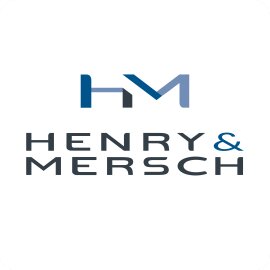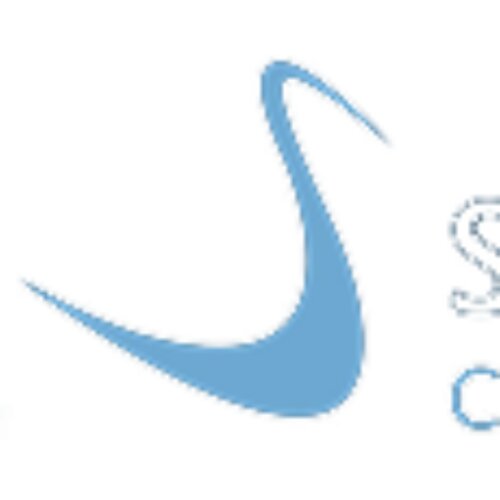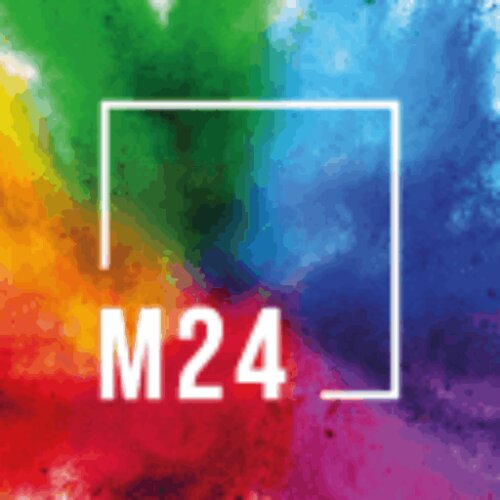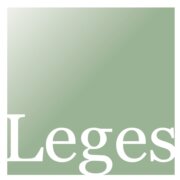Best Whistleblower & Qui Tam Lawyers in Liège
Share your needs with us, get contacted by law firms.
Free. Takes 2 min.
List of the best lawyers in Liège, Belgium
About Whistleblower & Qui Tam Law in Liège, Belgium
Whistleblower and Qui Tam laws are designed to protect individuals who report illegal or unethical activities within organizations. This can include fraud, corruption, misuse of public funds, or violations of regulations. In Liège, Belgium, these legal frameworks aim to encourage transparency and accountability in both public and private sectors. While the concept of Qui Tam, which allows private citizens to file lawsuits on behalf of the government and share in any recovery, is more developed in the United States, Belgium has its own set of laws to protect whistleblowers, especially those exposing misconduct in the workplace or public sector.
Why You May Need a Lawyer
If you are considering reporting misconduct, fraud, or other illegal activities, you may face challenges that make legal assistance essential. Lawyers can help you understand your rights, help ensure your protection against retaliation, and guide you through complex procedures. Common situations where legal help is crucial include:
- Fear of retaliation or dismissal after reporting wrongdoing
- Uncertainty about the confidentiality of your report
- Needing assistance in gathering and presenting evidence
- Wanting advice about whether the misconduct falls under protected disclosures
- Facing disciplinary actions or defamation after blowing the whistle
- Pursuing compensation or reinstatement after wrongful dismissal
Local Laws Overview
Belgium has enacted several laws and regulations to protect whistleblowers, particularly in the context of public sector employment and financial services. The most notable legal developments include:
- Whistleblowing Protection Law: Provides protection against retaliation for employees who report breaches of laws in specific areas, such as anti-money laundering and public procurement.
- EU Directive 2019/1937: Belgium has transposed the European Union directive on the protection of persons who report breaches of Union law. This grants broad protections to whistleblowers in both public and private sectors, with formal reporting channels and anti-retaliation provisions.
- Internal Reporting Procedures: Many organizations are now required to establish secure and confidential internal reporting procedures to handle whistleblower complaints.
- Limited Qui Tam Actions: While Belgium does not have a direct equivalent to the US Qui Tam action, individuals can still participate in legal actions for fraud and recover damages in some contexts, though not with the same financial incentives as in the US.
Frequently Asked Questions
What is a whistleblower?
A whistleblower is someone who exposes information or activity within an organization that is deemed illegal, unethical, or incorrect, often relating to fraud, corruption, or dangers to public safety.
Is my identity protected if I report misconduct?
Yes, under Belgian law and the EU Whistleblowing Directive, your identity must be kept confidential at every stage of the investigation, unless disclosure is required by law in the course of judicial proceedings.
What types of wrongdoing can I report as a whistleblower?
You can report a variety of issues including financial fraud, corruption, violation of EU or national laws, public health risks, mismanagement of public funds, and environmental violations.
Can my employer retaliate against me for blowing the whistle?
No, anti-retaliation laws in Belgium protect whistleblowers from being dismissed, demoted, harassed, or otherwise penalized for making a protected disclosure.
Do private sector employees have the same protections as public sector employees?
Both public and private sector employees are covered by whistleblower protection laws in Belgium, especially after the implementation of the EU Whistleblowing Directive.
How do I report wrongdoing?
You can report through internal reporting channels established by your employer, or through designated external bodies, such as regulatory agencies or ombudsmen. It is important to follow the recommended procedure to ensure legal protection.
Can I remain anonymous when making a report?
While anonymous reporting is possible in some cases, providing your identity may strengthen your legal protections. However, organizations are required to keep the identity of whistleblowers confidential.
What is a Qui Tam action, and does it exist in Belgium?
Qui Tam is a legal provision that allows citizens to sue on behalf of the government and receive a portion of the proceeds. Belgium does not have a direct Qui Tam system, but victims of fraud can join public proceedings as civil parties and may receive damages if the case is successful.
Should I consult a lawyer before making a disclosure?
Yes, consulting a lawyer can help you understand your rights, the proper procedures, and the potential consequences of your actions. Legal advice is recommended to ensure you are fully protected.
What evidence do I need to support my whistleblowing claim?
Gather all relevant and credible information, such as documents, emails, witness statements, or other records that support your case. Discussing with a lawyer can help you determine what evidence is safest and most effective to present.
Additional Resources
Individuals seeking advice or support in whistleblowing cases in Liège, Belgium, may find the following resources helpful:
- Federal Institute for the Protection and Promotion of Human Rights in Belgium
- Belgian Data Protection Authority (for privacy concerns during reporting)
- European Ombudsman (for cases involving EU institutions)
- Transparency International Belgium (non-governmental organization supporting whistleblowers)
- Trade Unions (often provide guidance and assistance for whistleblowers)
Next Steps
If you believe you have witnessed or are aware of wrongdoing and are considering whistleblowing, here are your next steps:
- Seek confidential legal advice from a qualified lawyer in Liège specializing in employment and whistleblower law.
- Gather and securely store any evidence or documentation related to your claim.
- Familiarize yourself with your employer’s internal reporting procedures and Belgium’s whistleblower protections.
- Consider reaching out to support organizations or ombudsmen if you are unsure about your next move.
- Always prioritize your safety and confidentiality during the reporting process.
Taking timely and proper action with professional guidance will help protect your rights and ensure the lawful handling of your disclosure. If you feel at risk, act quickly to get the support and guidance you need.
Lawzana helps you find the best lawyers and law firms in Liège through a curated and pre-screened list of qualified legal professionals. Our platform offers rankings and detailed profiles of attorneys and law firms, allowing you to compare based on practice areas, including Whistleblower & Qui Tam, experience, and client feedback.
Each profile includes a description of the firm's areas of practice, client reviews, team members and partners, year of establishment, spoken languages, office locations, contact information, social media presence, and any published articles or resources. Most firms on our platform speak English and are experienced in both local and international legal matters.
Get a quote from top-rated law firms in Liège, Belgium — quickly, securely, and without unnecessary hassle.
Disclaimer:
The information provided on this page is for general informational purposes only and does not constitute legal advice. While we strive to ensure the accuracy and relevance of the content, legal information may change over time, and interpretations of the law can vary. You should always consult with a qualified legal professional for advice specific to your situation.
We disclaim all liability for actions taken or not taken based on the content of this page. If you believe any information is incorrect or outdated, please contact us, and we will review and update it where appropriate.



